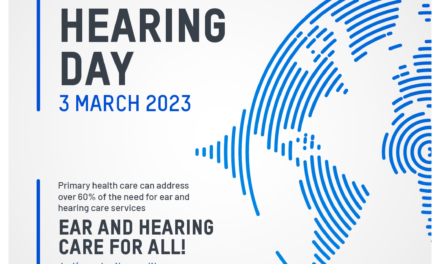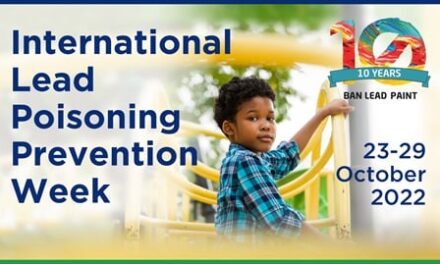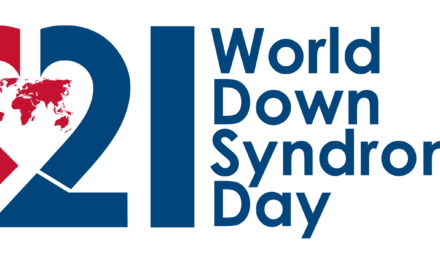This antimicrobial resistance (AMR) webinar aims to present the new Enhanced Gonococcal Antimicrobial Surveillance Programme (EGASP) report with data up to December 2023, and discuss new epidemiology trends and new potential treatments. It will also be an opportunity to share experiences from the field, with a focus on affected communities.
AMR greatly affects the responses to sexually transmitted infections (STIs), not only because of the widespread resistance to most medicines used to treat Neisseria gonorrhoeae, but also because of the potential AMR found in Mycoplasma genitalium and Trichomonas vaginalis.
This webinar is part of WHO’s World AMR Awareness Week 2024.
The Global Health Sector Strategies on HIV, viral hepatitis and STIs for 2022-2030 have set a framework for countries to strengthen and expand surveillance and monitoring of treatment failures, and participate in building regional networks of laboratories to perform gonococcal culture and antimicrobial susceptibility testing. Many countries report on routine gonococcal surveillance and/or EGASP.
Agenda
| 13:00-13:15 | Introduction and welcome remarks: Meg Doherty (Director, Global HIV, Hepatitis and STIs programmes, WHO)
Overview of the agenda and objectives: Teodora Wi (Lead STIs, Global HIV, Hepatitis and STIs programmes, WHO) |
| 13:15-13:30 | Global updates on emerging AMR in Neisseria gonorrhoeae and launch of new EGASP surveillance report: Ismail Maatouk (Global HIV, Hepatitis and STIs programmes, WHO) |
| 13:30-13:45 | From the field: Neisseria gonorrhoeae AMR surveillance
|
| 13:45-13:55 | New gonorrhoea treatments – further data required and generated: Magnus Unemo (WHO collaborating Centre for STIs, Örebro, Sweden) |
| 13:55-14:05 | How to implement an antimicrobial stewardship approach at national level? Deborah Tong (AMR division, WHO) |
| 14:05-14:25 | Perspectives from the communities:
|
| 14:25-14:30 | Next steps and closing remarks: Teodora Wi (Lead STIs, Global HIV, Hepatitis and STIs programmes, WHO) |












